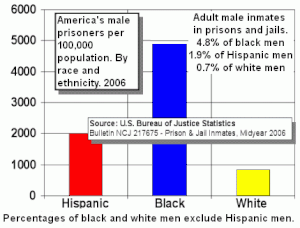Published by General Board of Pension and Health Benefits of The United Methodist Church July 2011, Faith-Based Investors Take a Closer Look at Private Prisons,
In 2011, members of the United Methodist Interagency Task Force on Immigration approached the General Board of Pension and Health BenefitsContinue reading(General Board) with concerns about two private prison companies in the General Board’s investment portfolio: Corrections Corporation of America (CCA) and The GEO Group, Inc. The United Methodist Interagency Task Force on Immigration was created following the General Conference of 2004. Membership includes representatives from the General Board of Global Ministries (GBGM), the General Commission on Religion and Race, the General Board of Church and Society (GBCS), Methodists Associated to Represent the Cause of Hispanic Americans (MARCHA) and two bishops. In addition, GBCS has shared its concern that CCA and The GEO Group have been accused of human rights abuses of young people, immigrants and people of color.
CCA and The GEO Group are the two largest private prison companies in the U.S., operating and/or owning, respectively, 111 and 118 correctional, detention and/or residential treatment facilities. In 2010, CCA earned nearly $1.7 billion; The GEO Group, $1.3 billion.
Investor Engagement with Private Prisons












